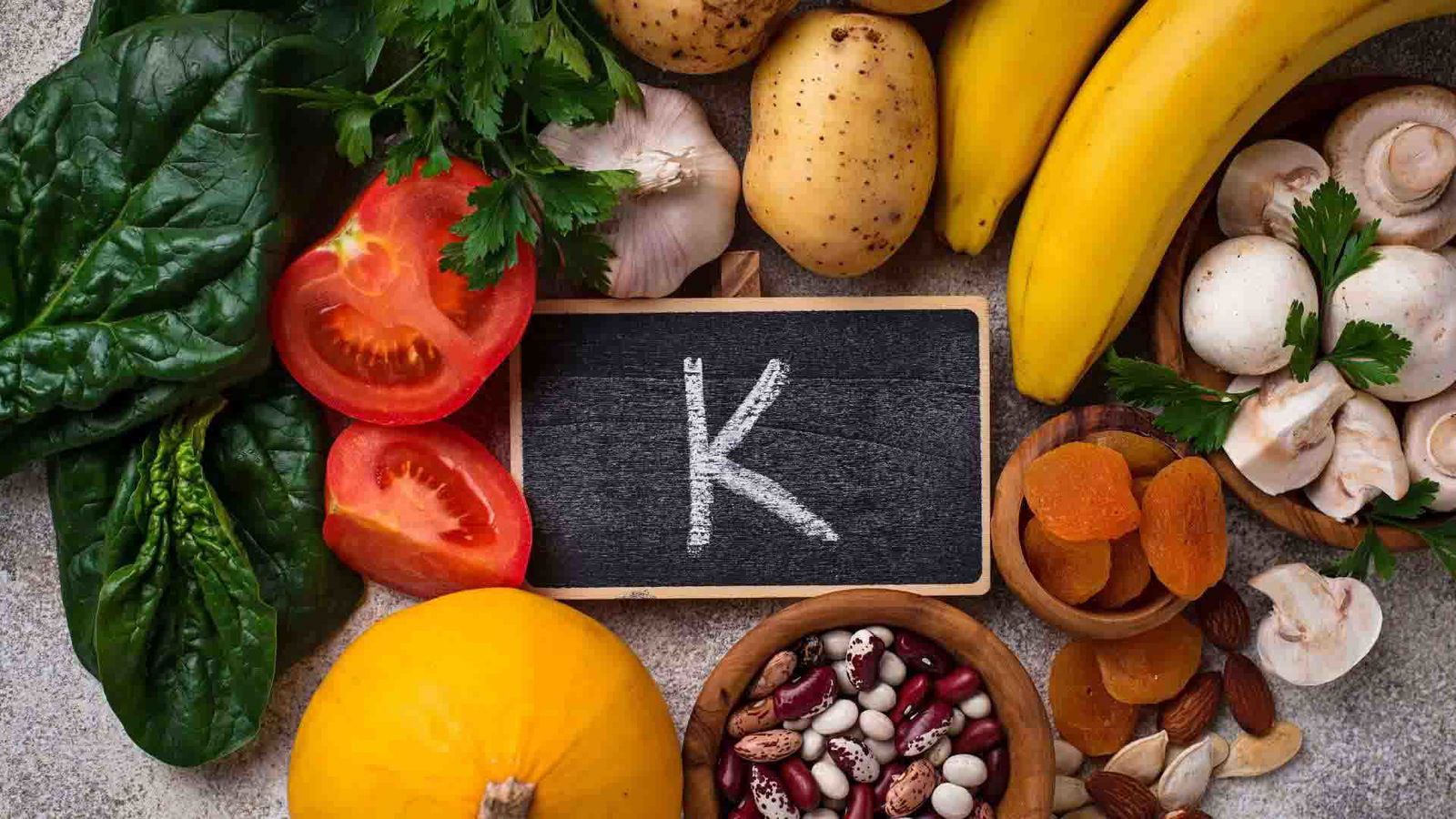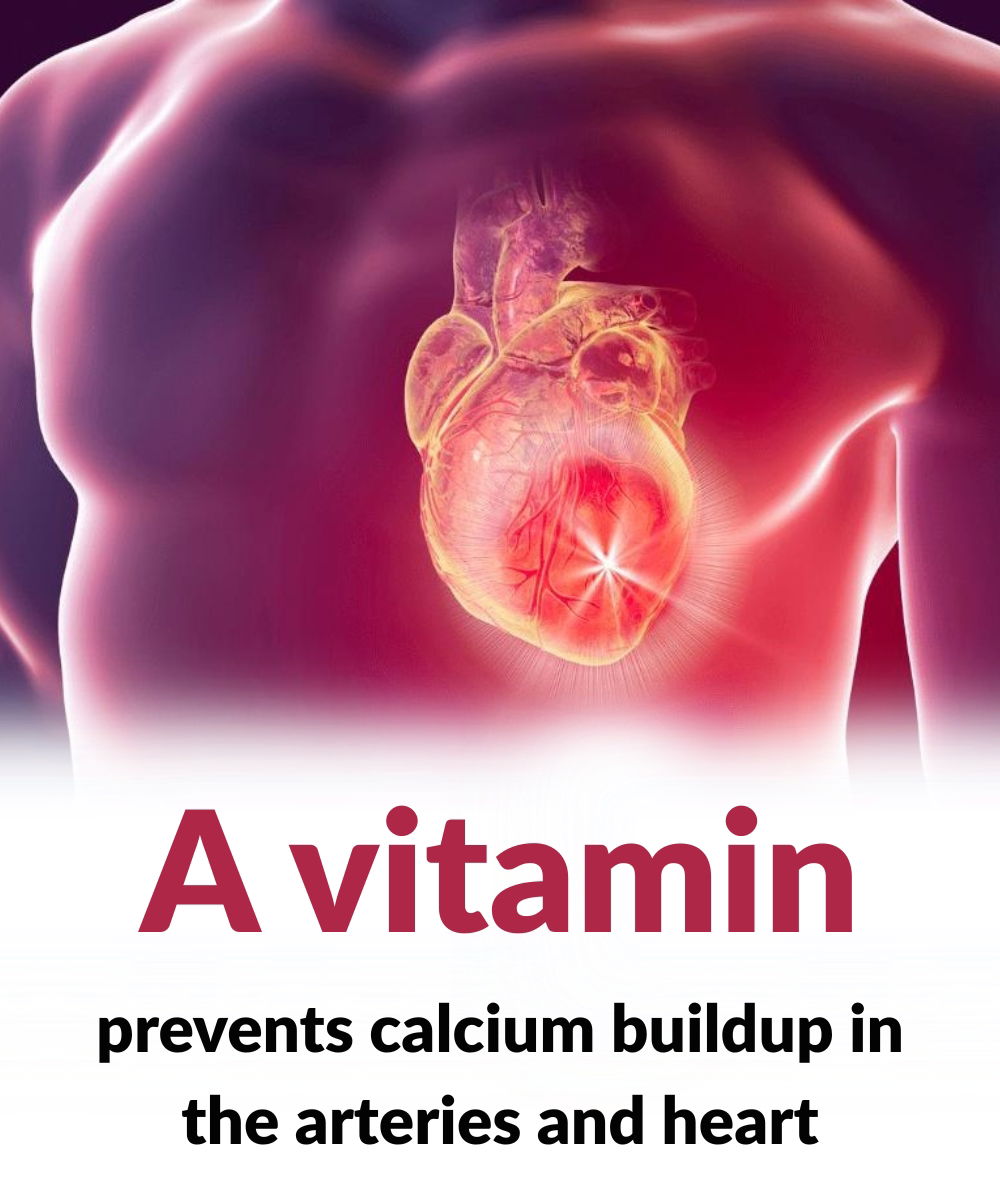
Did you know that vitamin K2 can avoid calcium buildup in the arteries? It’s a crucial compound for our cardiovascular system. I’ll introduce how it works, and then we’ll talk about some potent sources of this supervitamin!
Two main types of vitamin K
- K1, which is existed in green leafy vegetables like spinach and is essenital for bl00d clotting.
- Vitamin K2, found primarily in animal foods and fermented foods. Many people aren’t similar to vitamin K2, but it can prevent calcium buildup in the arteries and thus avoid blockages, helping to maintain your heart healthy!
Some popular foods where vitamin K2 is found.
- Natto is a Japanese dish composed of fermented soybeans. It is high in vitamin K2. Other good food choices high in vitamin K2 include beef liver, butter from grass-fed cows, dark meats like goose leg, sauerkraut, certain cheeses, and egg yolks—especially those from free-range chickens.
- You can consume calcium from many different sources… such as dark green leafy vegetables and almonds. You do not need to take a supplement unless your doctor suggests it.
The best way to get our vitamin D
And the best way to get our vitamin D is from the sun. But sunlight can be damage if you’re uncovered to too much ultraviolet radiation, or you may not get outside as much as you should. This is why many people lack vitamin D.

Without vitamin D, our bones can’t absorb the calcium they need to stay healthy. But it gets worse! If this calcium rises in your blood vessels or heart and avoids your blood from delivering oxygen and nutrients to your cells and tissues, you could deal with a stroke if the blockage is in your brain or a heart atta.ck if the blockage is in your heart.
Vitamin K2 lessens the amount of calcium that go in your blood vessels and helps boost your bones, which can prevent osteoporosis.
If you find to take a K2 supplement, here’s what you need to know.
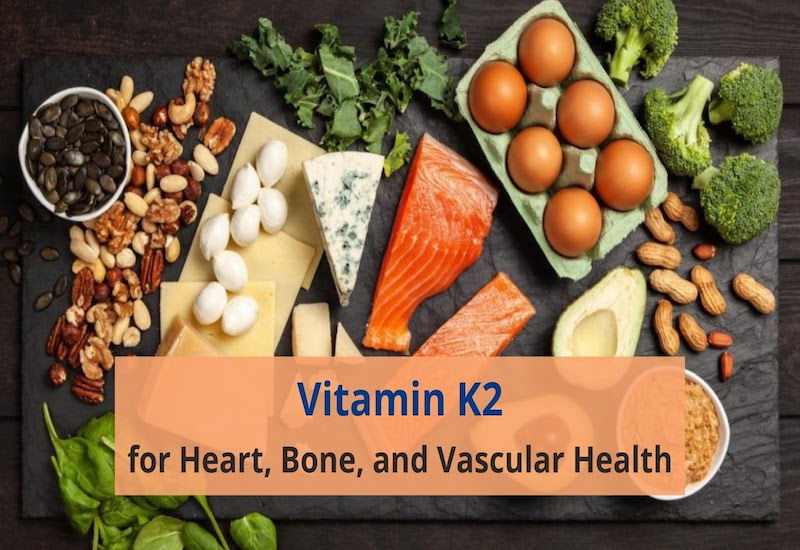
There are two types of vitamin K2 supplements: MK4 and MK7. MK4 has a shorter half-life than MK7. This means it doesn’t exist in your system as long as MK7. Additionally, MK4 goes in your system faster but doesn’t stay in your system as long.
MK7 can be taken once daily. Taking MK7 with vitamin D is optional, although recommended, as vitamin D plays a crucial role in many chemical changes that happen throughout our bodies.
Doctors reveal the one bl00d type which has the lowest risk of canc3r
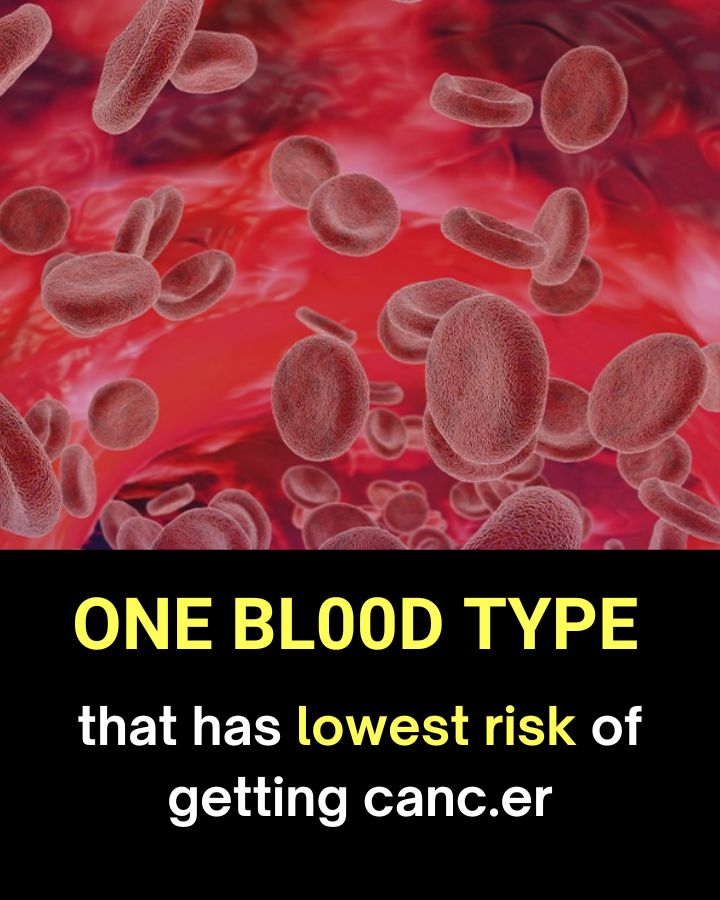
As well as potentially saving your life in emergency events, some experts say that knowing which bl00d group you belong to could also boost in handling longer term health conditions – specifically, canc3r.
A study carried out in 2015 reportedly ruled that only one of the four blood groups had been connected to a weakened chance of developing certain strains of the disease. But which?
Looking for your bl00d type
It’s crucial to note, however, that this isn’t the type of info that the NHS member of staff taking your bl00d will present voluntarily. In fact, most people only find out their bl00d group when being treated for a specific health condition.
As we say, there are four ‘types’ of blood. Every person is either:
- A
- B
- AB
- O

Each of these four groups can then be further analyzed, as either ‘positive’ or ‘negative’ – so, you could possibly be A-positive, B-negative, O-negative, AB-positive, etc. This refers to whether or not your blood carries something called the Rh protein.
Which bl00d group is connected to a weakened chance of developing canc.er?
As we say, in recent decades, in-depth studies have attempted to determine whether certain bl00d groups dictate the likelihood of being diagnosed with a certain condition.
Yesterday, it is reported that Type O individuals have a lessened chance of being dealt a form of heart disease – possibly in comparison to other bl00d groups having certain clotting factors caused by solidifying proteins.
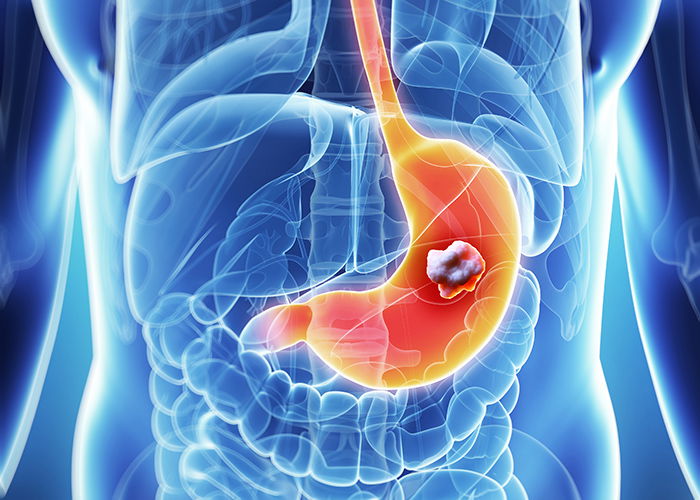
It’s further sad news for types A, B and AB, being that these three bl00d groups have also been closely related to a higher risk of developing stomach canc3r.
As we say, a 2015 study has ruled that the Type O blood group has a weakened risk of such a diagnosis – though, it’s crucial to note that no significant relationship between bl00d groups and mortality rates in canc.er cases.
Such was also the pattern in pancreatic canc3r diagnoses – with Types A, B, and AB blood types having an increased risk.

Meanwhile, O blood type has been connected to a reduced risk of various colorectal canc3r.
Dr Sanjay Aggarwal – a general physician at Holistic Healthcare Centre in Delhi – recently commented, however: “It may be more accurate to say people with type O bl00d are at a lower risk for pancreatic canc3r, given the work researchers are doing on bacterial infection.”

